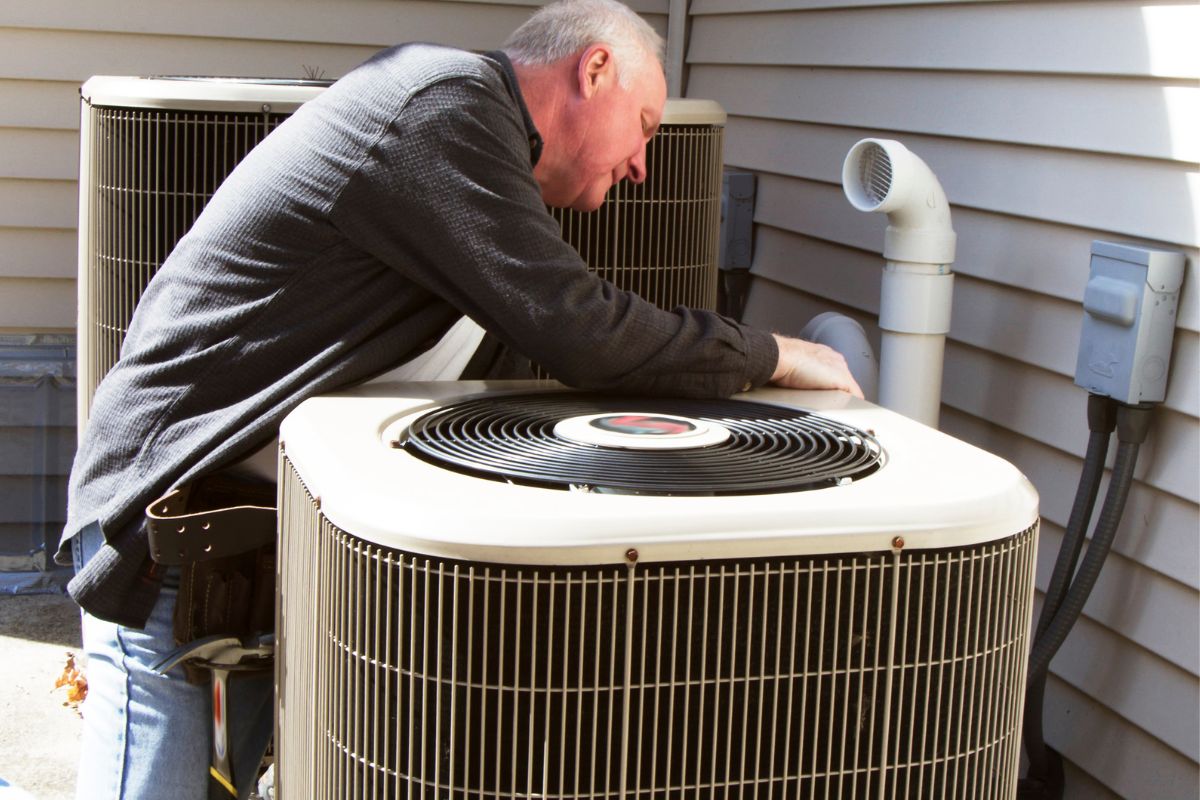

Articles
Why Is My HVAC Making Noise
Modified: April 22, 2024
Discover articles that explain why your HVAC system is making noise. Get expert tips and advice for troubleshooting and fixing common HVAC noise issues.
(Many of the links in this article redirect to a specific reviewed product. Your purchase of these products through affiliate links helps to generate commission for Storables.com, at no extra cost. Learn more)
Introduction
Welcome to the world of HVAC (Heating, Ventilation, and Air Conditioning) systems. These essential components of our homes and workplaces help keep us comfortable throughout the year. However, it’s not uncommon for an HVAC system to make noise, and sometimes that noise can be quite disruptive. In this article, we will explore the common causes of HVAC noise, discuss different types of noises and their possible causes, provide tips on how to diagnose HVAC noise, suggest some DIY fixes, and explain when it’s time to call in a professional.
When our HVAC systems are running smoothly and quietly, it’s easy to take them for granted. But when they start making strange and unexpected noises, it can be both annoying and concerning. Understanding the possible causes of HVAC noise and knowing how to address them can help ensure the longevity and optimal performance of your system. Let’s delve into the details of common HVAC noises and what they might indicate.
Key Takeaways:
- Understanding the common causes and types of HVAC noise can help you diagnose and address issues effectively, ensuring the longevity and optimal performance of your system.
- While DIY fixes can resolve some HVAC noise problems, it’s crucial to seek professional help for complex or persistent noises, uncertain diagnoses, and safety concerns to maintain a quiet and efficient HVAC system.
Read more: Why Is My Projector Making Noise
Common Causes of HVAC Noise
When your HVAC system starts making noise, there could be several different reasons behind it. Understanding the common causes of HVAC noise can help you identify and address the issue quickly. Here are some of the most common culprits:
1. Loose or damaged parts: Over time, the components of your HVAC system can become loose or damaged. Loose screws, bolts, or fan blades can create rattling or vibrating noises. It’s important to tighten or replace these parts to restore quiet operation.
2. Dirty or clogged air filters: Air filters are essential for keeping your HVAC system running efficiently. However, if they become dirty or clogged with dust and debris, it can restrict airflow and put strain on the system. This can result in whistling or hissing noises. Regularly cleaning or replacing the air filters can prevent this issue.
3. Faulty fan blades: The fan blades in your HVAC system can become misaligned or damaged over time. This can lead to scraping or banging sounds when the system is running. In such cases, it’s important to inspect the blades and replace them if necessary.
4. Refrigerant leaks: Refrigerant is responsible for cooling and dehumidifying the air in your HVAC system. If there is a leak in the refrigerant lines, it can cause hissing or gurgling noises. It’s crucial to address refrigerant leaks promptly to avoid further damage to the system.
5. Compressor issues: The compressor is a vital component of your HVAC system that helps circulate the refrigerant. If the compressor is malfunctioning or wearing out, it can create loud noises, such as clanking or grinding sounds. A professional inspection and repair may be necessary to resolve compressor issues.
These are just a few of the common causes of HVAC noise. Understanding these factors can help you pinpoint the issue and determine the appropriate course of action to fix it.
Noises and Their Possible Causes
When it comes to HVAC noise, different sounds can indicate different issues. Understanding the various noises and their potential causes can help you troubleshoot the problem more effectively. Let’s explore some common HVAC noises and what they might indicate:
1. Rattling or vibrating noise: If you hear a rattling or vibrating noise coming from your HVAC system, it could be due to loose components. Check for loose screws, bolts, or panels that may need to be tightened. Additionally, inspect the air ducts for any loose connections or damaged insulation that could be causing the noise.
2. Banging or clanking noise: A banging or clanking noise can be a sign of a more serious issue. It could indicate a problem with the blower motor or fan. Worn-out bearings or loose fan blades can cause this noise. It’s important to address this issue promptly, as it can lead to further damage if left unattended.
3. Squealing or screeching noise: If you hear a high-pitched squealing or screeching noise, it could be due to a worn-out or malfunctioning belt. The belt that connects the blower motor to the fan can wear down over time and cause this noise. Replacing the belt should resolve the issue.
4. Hissing or gurgling noise: A hissing or gurgling noise often indicates a refrigerant leak in your HVAC system. It can also suggest a problem with the condensate drain line or a blockage in the refrigerant lines. It’s crucial to address refrigerant leaks promptly as they can impact the efficiency and performance of your system.
These are just a few examples of the noises you might hear from your HVAC system and their possible causes. Keep in mind that accurately diagnosing the noise can sometimes be challenging. If you’re unsure about the source of the noise or if it persists even after attempting some troubleshooting, it’s best to contact a professional HVAC technician for a thorough inspection and repair.
How to Diagnose HVAC Noise
When faced with HVAC noise, it’s important to accurately diagnose the issue before attempting any repairs. Here are some steps you can take to help identify the source of the noise:
1. Visual inspection: Start by visually inspecting your HVAC system. Check for any loose or damaged parts, such as screws, bolts, or panels. Look for signs of debris or obstruction in the unit. Pay attention to the condition of the fan blades and motor. A thorough visual inspection can often reveal obvious issues that may be causing the noise.
2. Check air filters: Dirty or clogged air filters can restrict airflow and cause HVAC noise. Check the air filters and clean or replace them if necessary. Proper airflow can help eliminate noises caused by airflow restriction and ensure the efficient operation of your HVAC system.
3. Check fan blades: Inspect the fan blades for any signs of misalignment, damage, or debris. Misaligned or damaged fan blades can create scraping or banging noises. Clear away any obstructions and ensure the fan blades are in good condition. If the blades are damaged, they may need to be replaced to eliminate the noise.
4. Listen for specific noises: Pay close attention to the specific noise your HVAC system is making. Does it sound like rattling, banging, squealing, or hissing? This can give you clues about the potential cause of the noise. Identify the area where the noise is coming from to help narrow down the source of the problem.
5. Contact a professional: If you’re unable to identify the source of the HVAC noise or if it persists even after your DIY inspections, it’s best to contact a professional HVAC technician. They have the knowledge and expertise to diagnose the problem accurately and recommend the necessary repairs or replacements.
Remember, safety should always be a priority. If you’re uncertain about any aspect of the diagnosis or you’re dealing with complex or persistent noises, it’s best to leave it to the professionals. They have the proper equipment and training to handle HVAC issues safely and efficiently.
Regular maintenance, such as cleaning or replacing air filters, can help reduce the noise from your HVAC system. Check for loose parts and schedule a professional inspection if the noise persists.
DIY Fixes for HVAC Noise
If you’re experiencing HVAC noise and want to try some do-it-yourself fixes before calling in a professional, here are some suggestions to help alleviate the issue:
1. Tightening loose parts: Start by tightening any loose screws, bolts, or panels on your HVAC system. Use a screwdriver or wrench to secure them in place. Loose components can often cause vibrating or rattling noises, and tightening them can help eliminate the noise.
2. Cleaning or replacing air filters: Dirty or clogged air filters can restrict airflow and cause whistling or hissing noises. Regularly clean or replace your air filters according to the manufacturer’s instructions. This simple maintenance task can improve the performance of your HVAC system and reduce noise caused by restricted airflow.
3. Lubricating fan motor: If you hear squealing or screeching noises, it may indicate a lack of lubrication in the fan motor. Check the manufacturer’s guidelines to determine the appropriate type of lubricant for your specific HVAC system. Apply a few drops of lubricant to the designated lubrication ports to ensure smooth operation of the fan motor.
4. Repairing or replacing fan blades: If you notice that the fan blades are misaligned, damaged, or loose, they may need repair or replacement. Misaligned or damaged blades can produce scraping or banging noises. Check the fan blades carefully and make any necessary repairs or replacements to restore proper functioning and eliminate the noise.
These DIY fixes can often resolve common HVAC noise issues. However, it’s important to remember that not all problems are easily fixed on your own, and DIY repairs may not always be effective. If the noise persists or you’re uncertain about the specific issue, it’s best to consult with a professional HVAC technician. They can provide a more accurate diagnosis and recommend the appropriate repairs or replacements as needed.
Read more: Why Is My Alexa Making A Crackling Noise
When to Call a Professional
While some HVAC noise issues can be resolved with DIY fixes, there are situations where it’s best to leave the job to a professional. Here are three scenarios when it’s time to call in the experts:
1. Complex or persistent noises: If you’re dealing with complex or persistent noises coming from your HVAC system, it’s a sign that there may be a more serious underlying problem. Strange and unusual noises that continue even after you’ve attempted DIY fixes could indicate a more complex issue that requires professional attention. HVAC technicians have the knowledge, expertise, and specialized equipment to accurately diagnose and address these types of issues.
2. Uncertain diagnosis: HVAC systems can be complex, and it can be challenging to pinpoint the exact source of the noise or identify the underlying problem. If you’re uncertain about the diagnosis or unable to determine the cause of the noise, it’s best to consult with a professional. They have the experience and training to diagnose the issue accurately and provide appropriate solutions.
3. Safety concerns: If you’re experiencing HVAC noises accompanied by safety concerns, such as electrical issues or gas smells, it’s crucial to prioritize safety and contact a professional immediately. These issues can pose significant risks to your home and your well-being. HVAC technicians are trained to handle such situations safely and can quickly address any potential safety hazards.
Remember, a properly functioning HVAC system is essential for maintaining comfort and indoor air quality in your home or workplace. By reaching out to a professional when needed, you can ensure that any noise or performance issues with your HVAC system are addressed promptly and effectively.
Conclusion
HVAC noise can be annoying and disrupt the peace and comfort of your home or workplace. Understanding the common causes of HVAC noise and knowing how to diagnose and address the issues can help maintain the optimal performance of your system.
In this article, we discussed the common causes of HVAC noise, including loose or damaged parts, dirty air filters, faulty fan blades, refrigerant leaks, and compressor issues. We also explored different types of HVAC noises and their possible causes, such as rattling, banging, squealing, and hissing.
To diagnose HVAC noise, we suggested steps like visual inspection, checking air filters, inspecting fan blades, listening for specific noises, and knowing when to contact a professional. Additionally, we provided some DIY fixes for HVAC noise, including tightening loose parts, cleaning or replacing air filters, lubricating the fan motor, and repairing or replacing fan blades.
However, there are instances when it’s best to seek professional help. Complex or persistent noises, uncertain diagnoses, and safety concerns warrant the expertise of a professional HVAC technician. They can accurately diagnose and address the underlying issues to restore the quiet and efficient operation of your HVAC system.
In conclusion, if you’re experiencing HVAC noise, it’s important to take action to address the issue. Whether through DIY fixes or professional assistance, maintaining a properly functioning and quiet HVAC system will enhance your comfort and ensure a pleasant environment in your home or workplace.
Remember to prioritize regular maintenance and upkeep to prevent HVAC noise issues from arising in the first place. By taking proactive measures and addressing any noise concerns promptly, you can enjoy the benefits of a quiet and efficient HVAC system for years to come.
Frequently Asked Questions about Why Is My HVAC Making Noise
Was this page helpful?
At Storables.com, we guarantee accurate and reliable information. Our content, validated by Expert Board Contributors, is crafted following stringent Editorial Policies. We're committed to providing you with well-researched, expert-backed insights for all your informational needs.
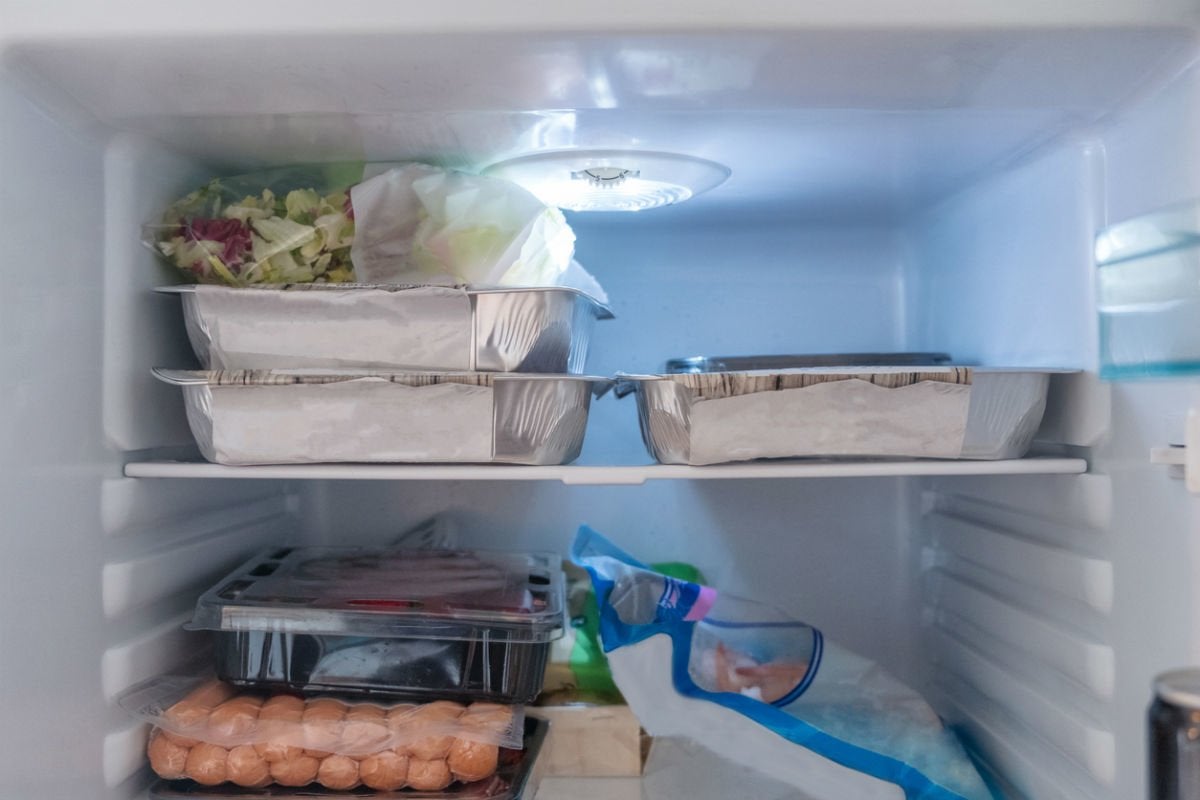
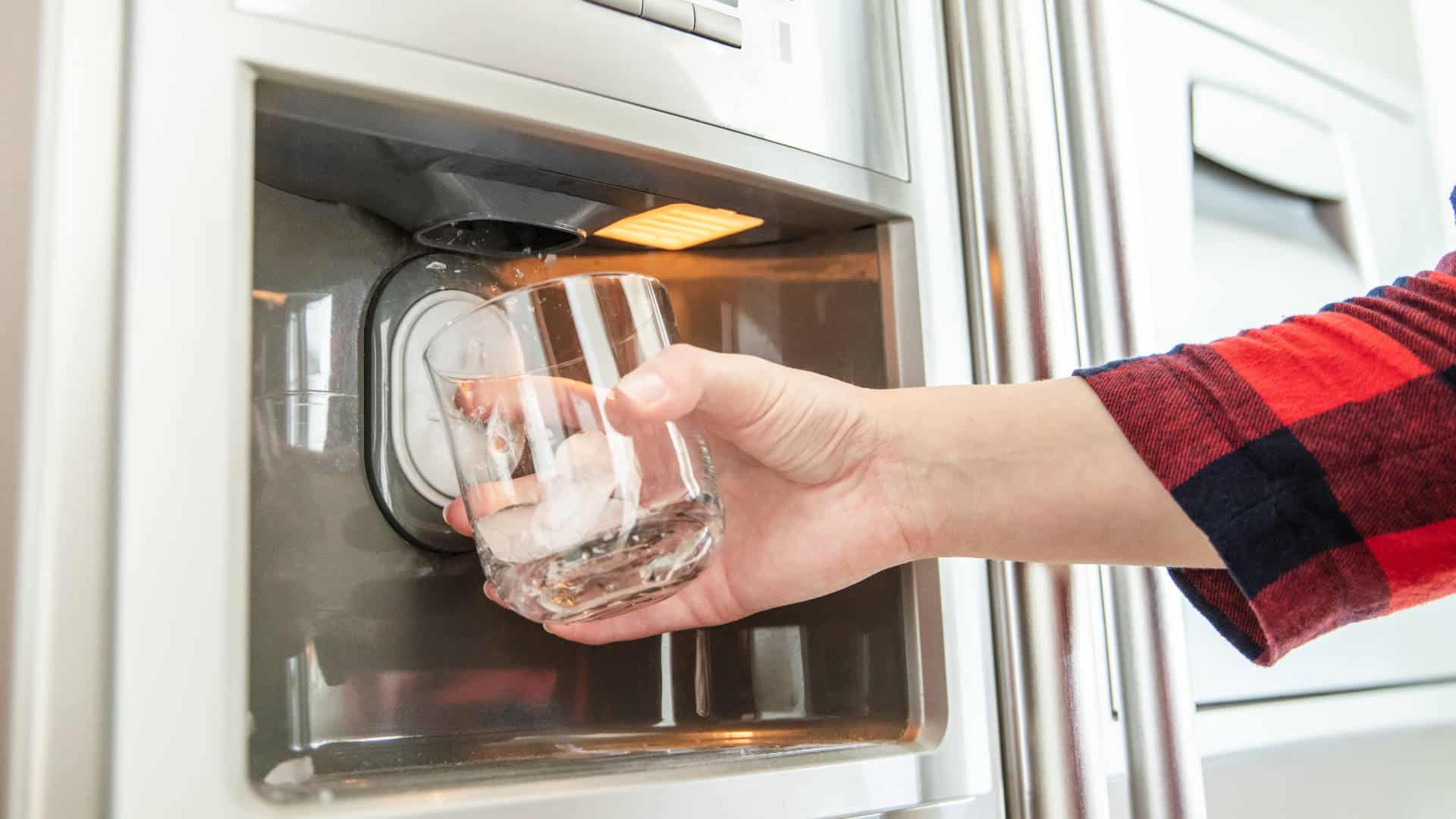
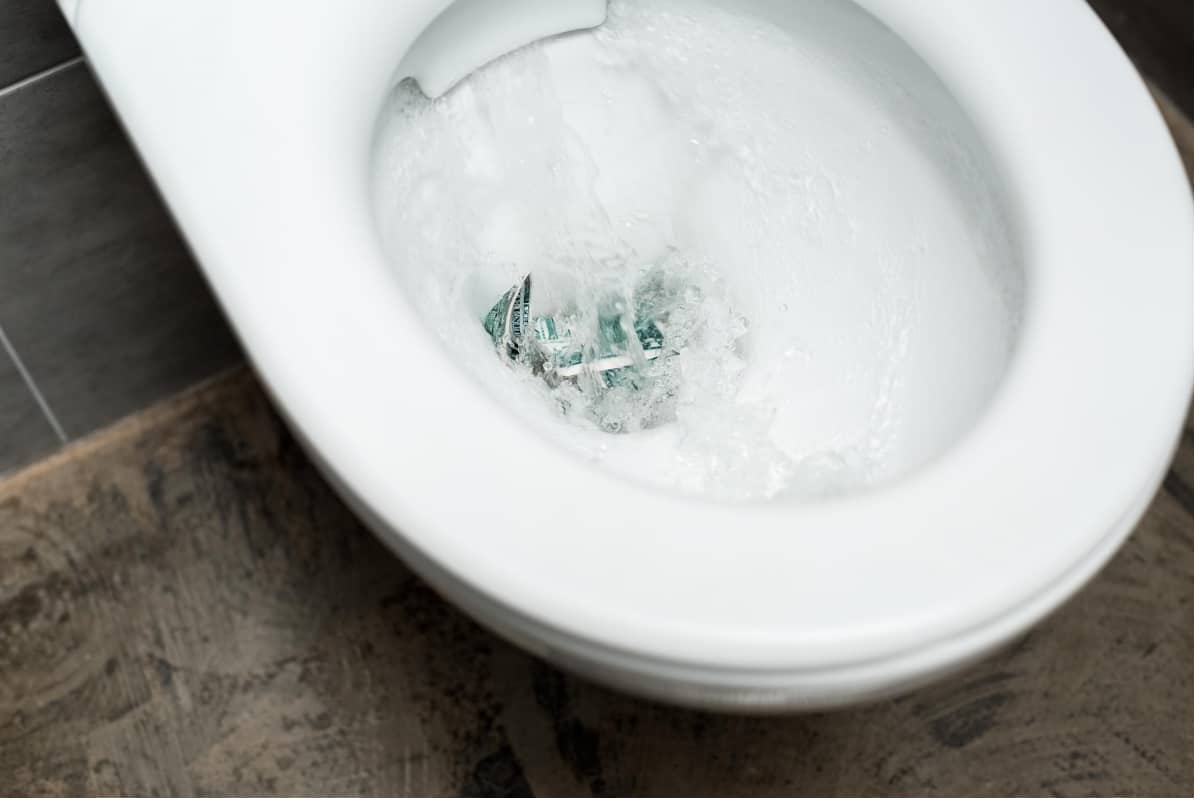

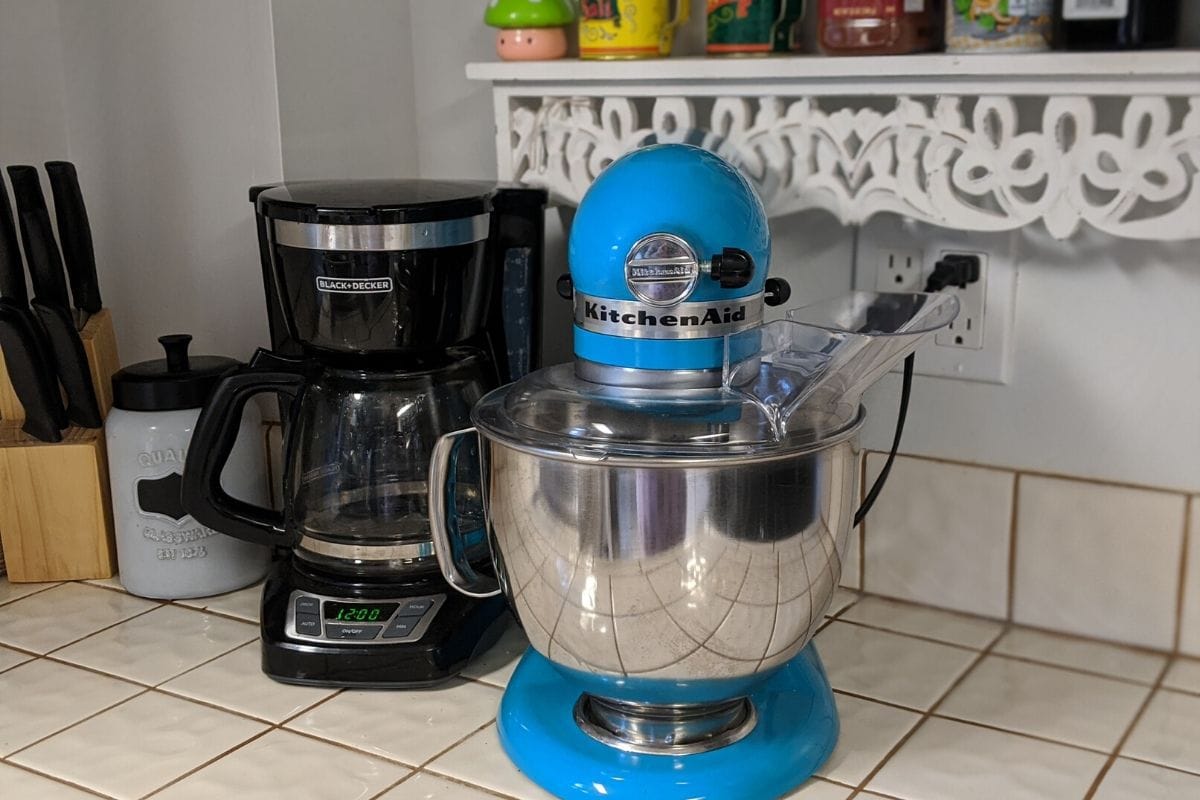
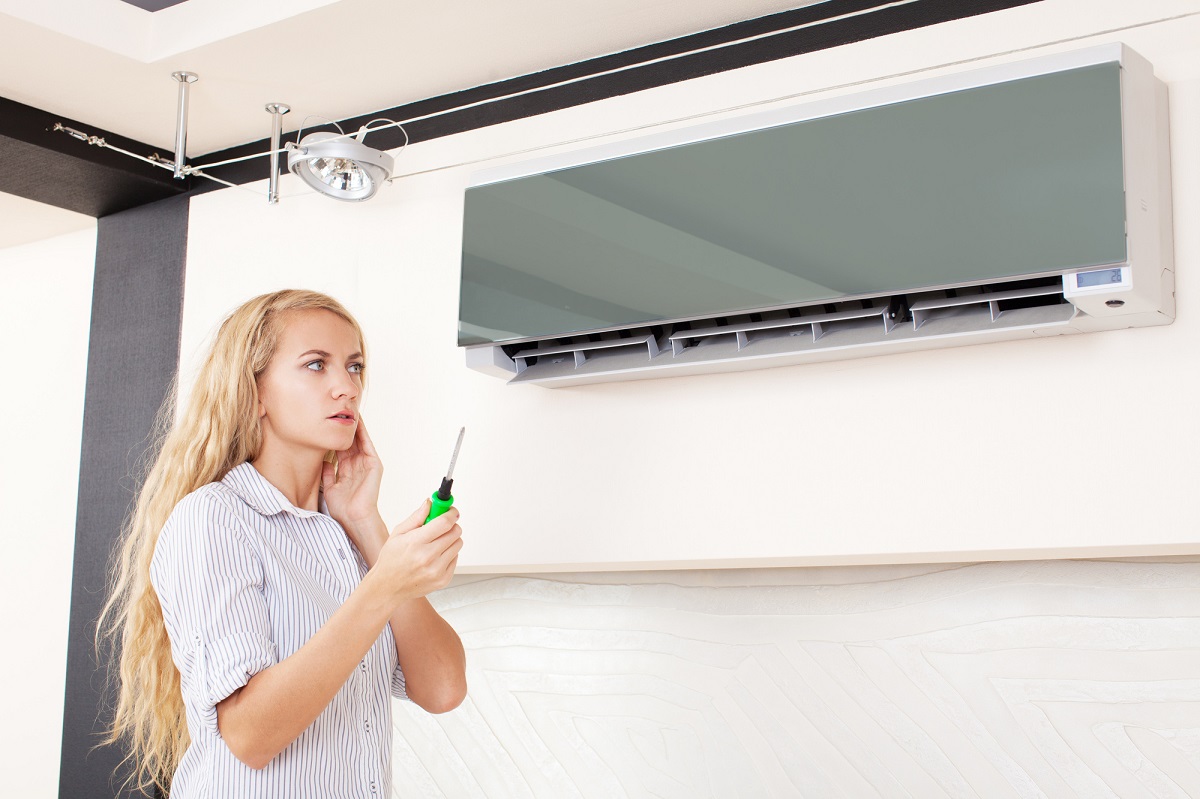
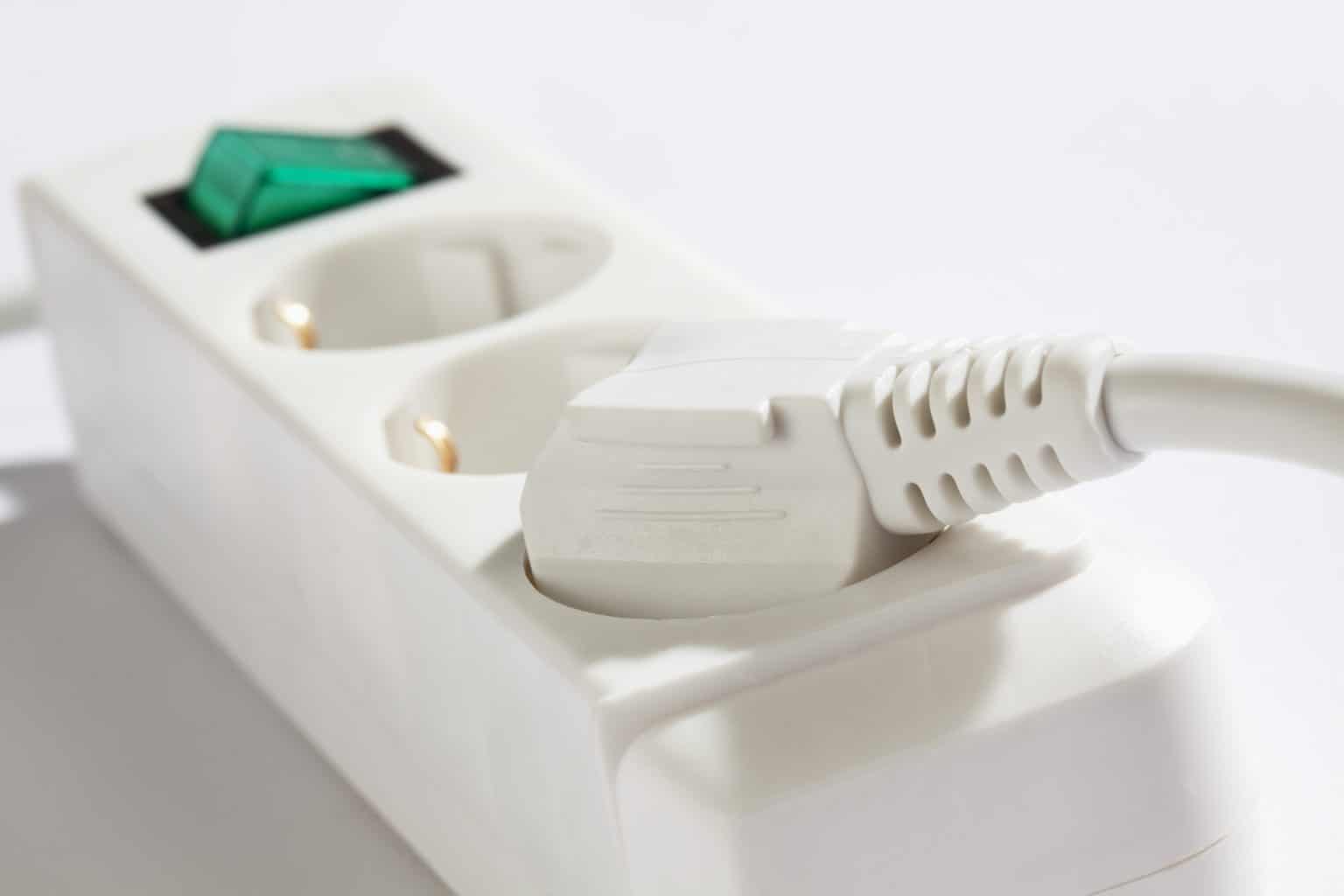
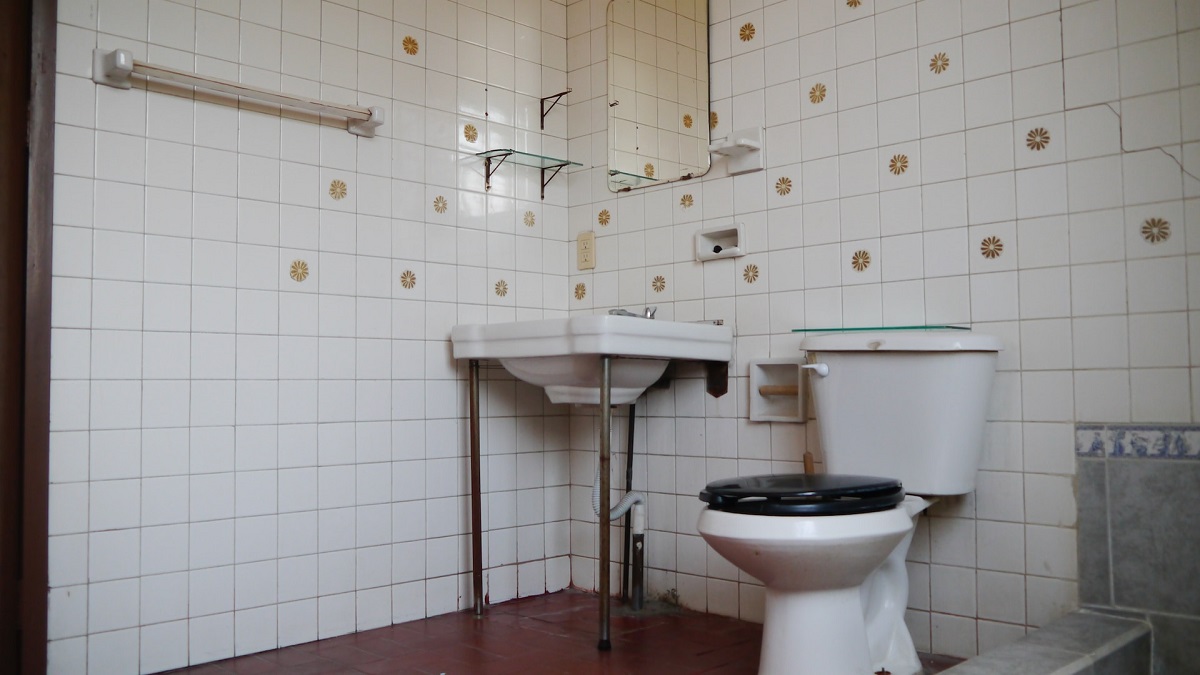
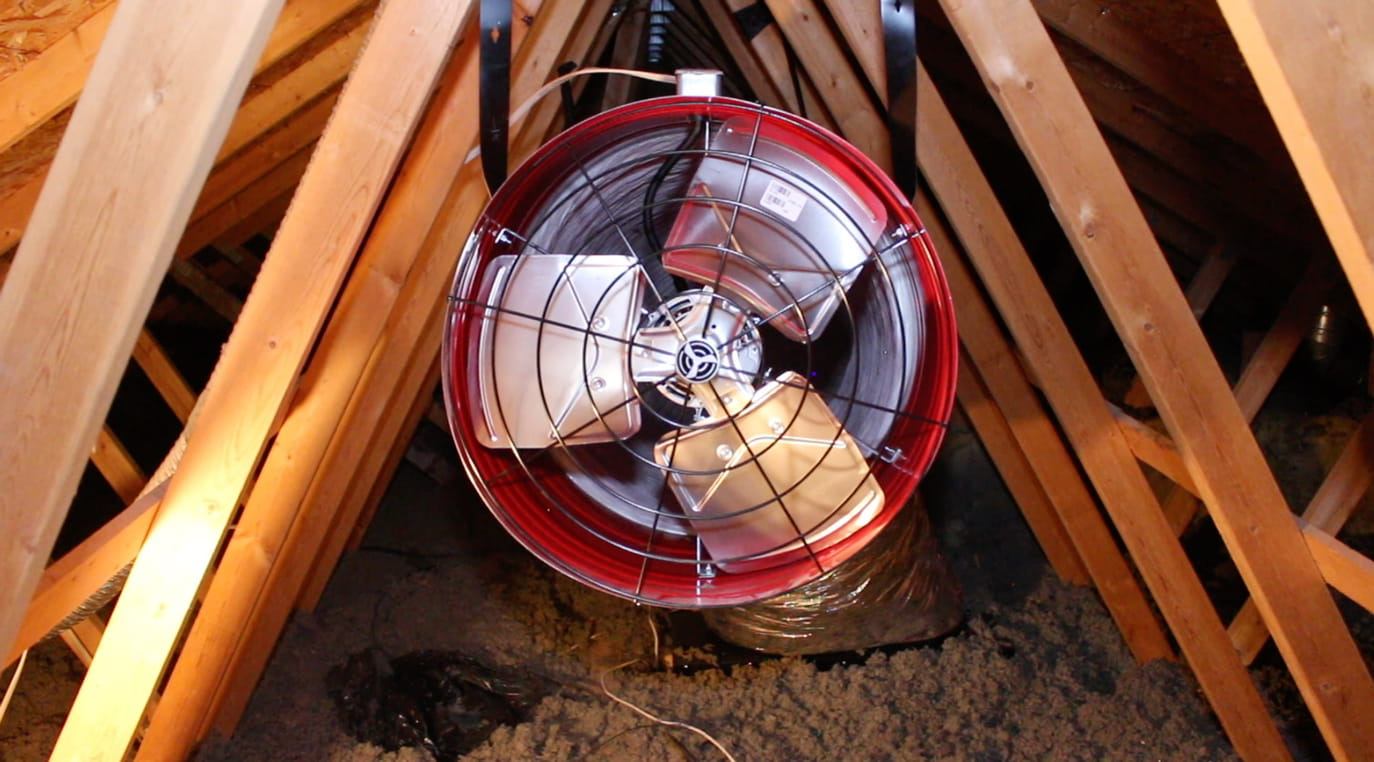
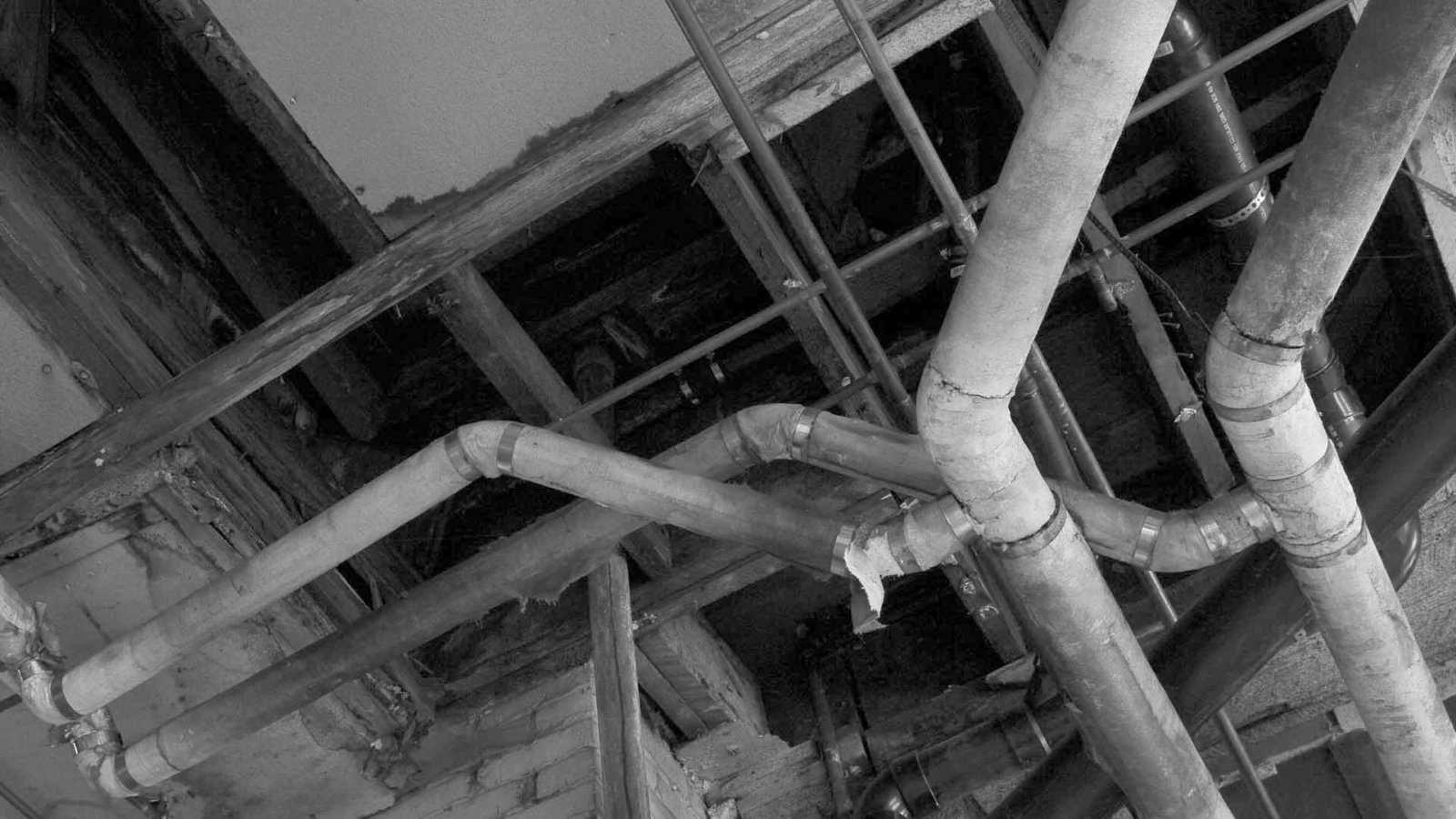
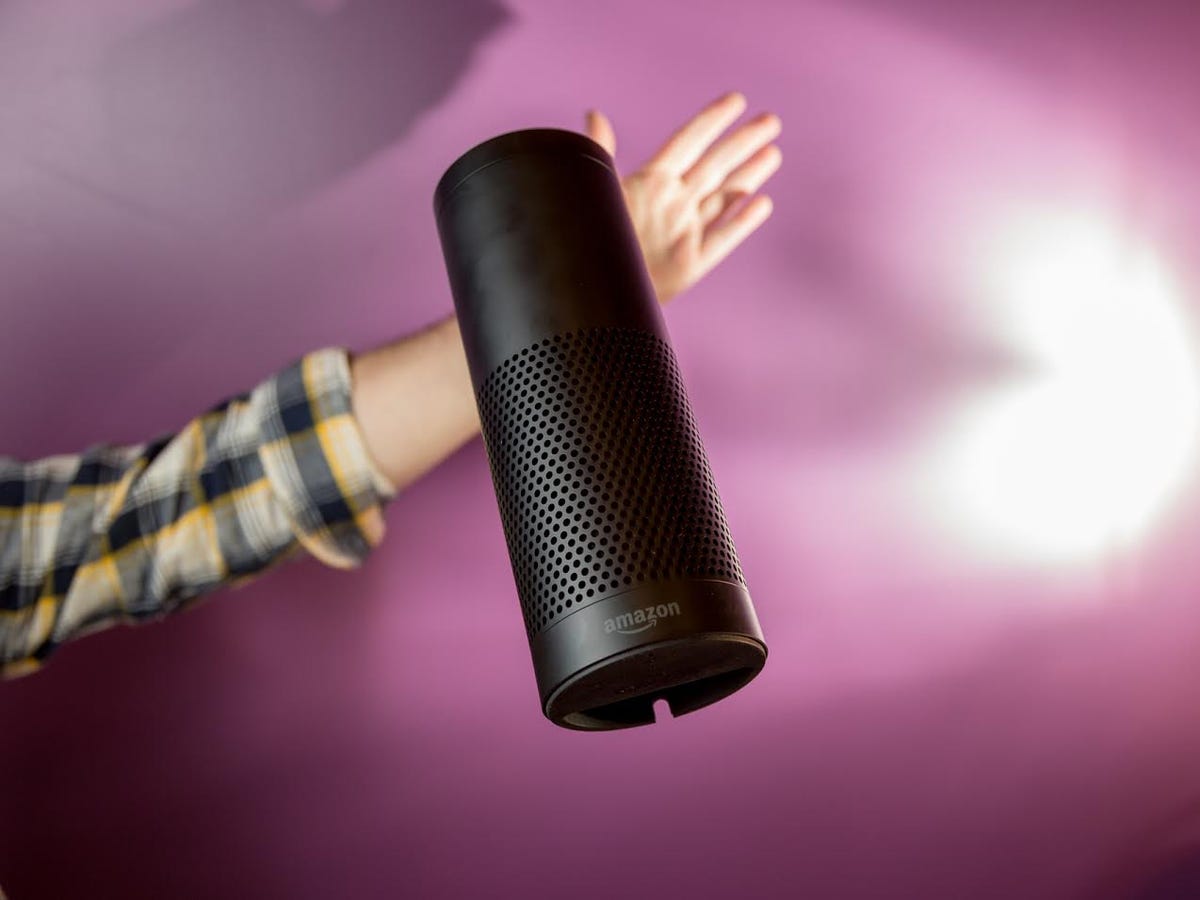
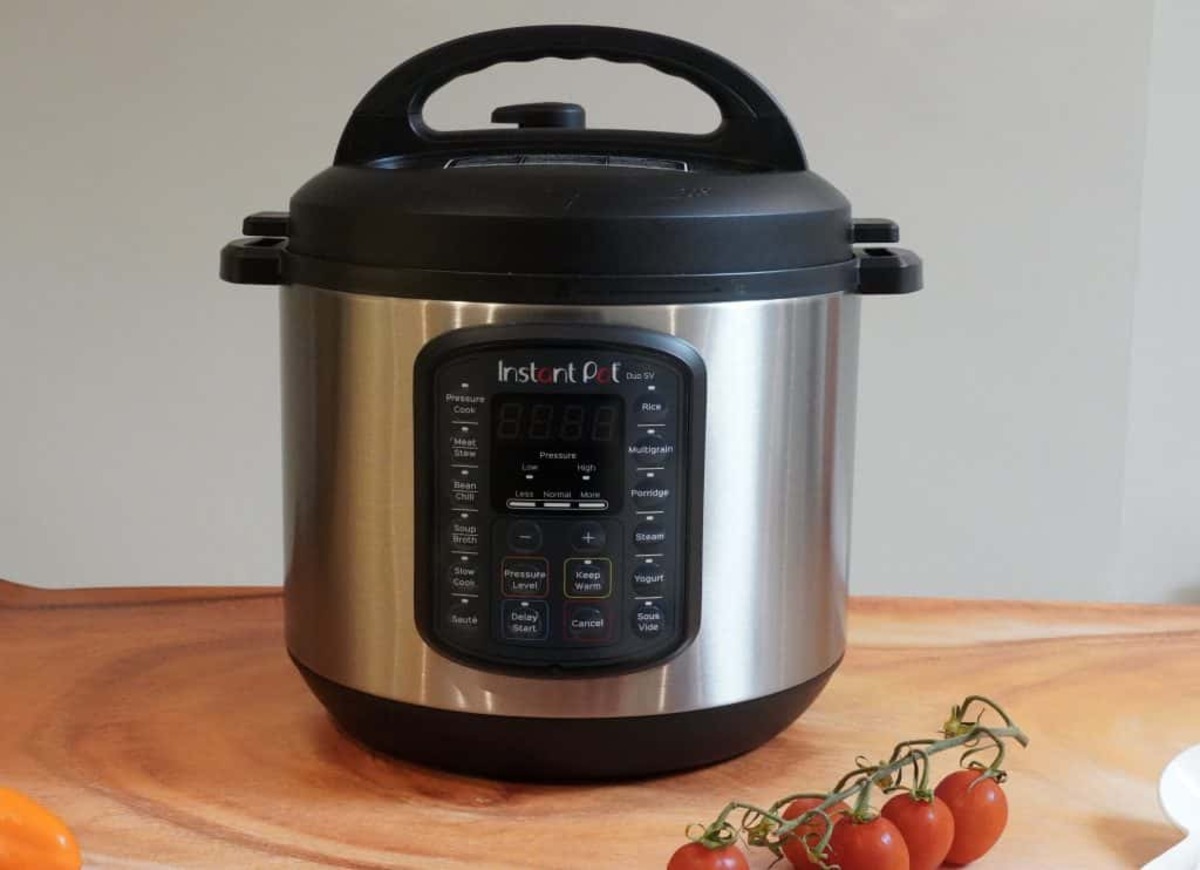

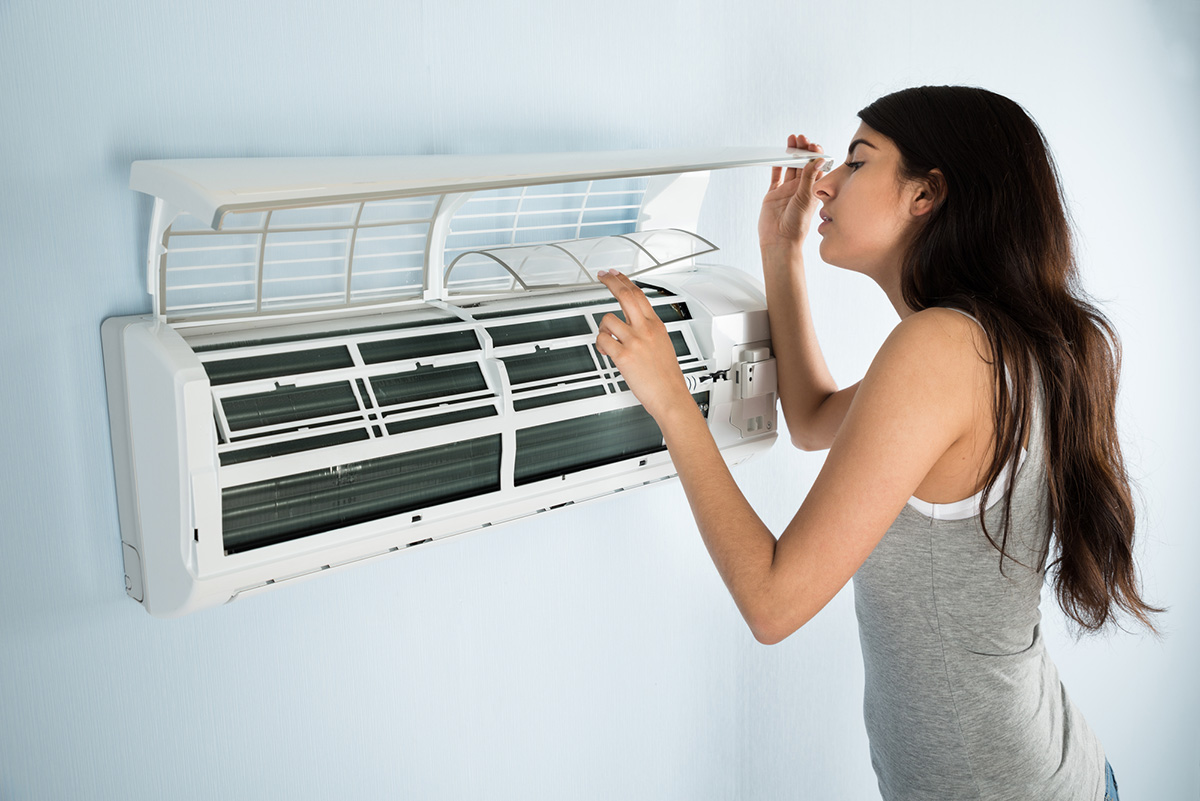

0 thoughts on “Why Is My HVAC Making Noise”